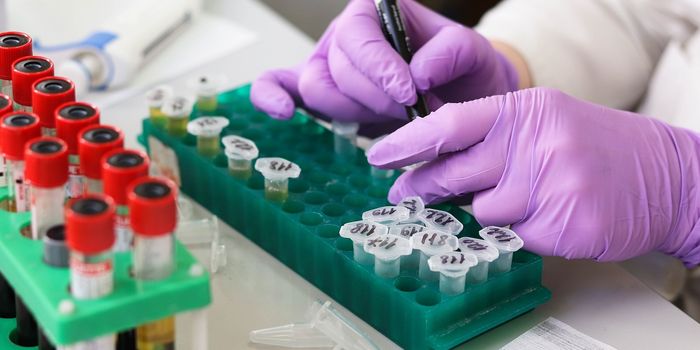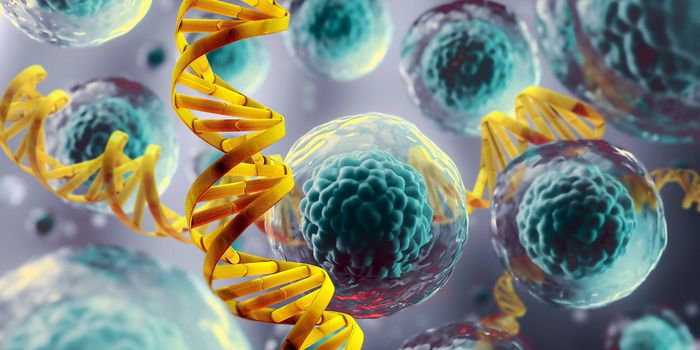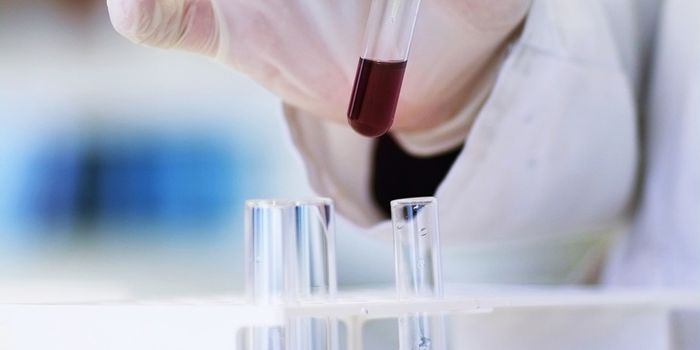Potential Marker for Prostate Cancer Prognosis Identified
Cytokines, proteins that affect the immune system, can elicit their effects in either a beneficial or an inhibitory capacity. Typically, anti-inflammatory cytokines help the body fight off cancer while pro-inflammatory cytokines can actually provoke cancer growth and development. Like many biological mediators, some cytokines are pleiotropic, indicating that they can have multiple effects.
Oncologists use therapies involving cytokines to treat various cancers. Beneficial cytokines may be administered directly to a patient, alone or in combination with other treatments. Alternatively, drugs can target immunosuppressive cytokines to minimize or neutralize their harmful effects on the immune response.
The transforming growth factor β (TGFβ) represents an important cytokine with several integral roles in anti-tumor immunity. In healthy cells and those in the early stages of tumor formation, TGFβ suppresses cancer cells, and for tumor cells to progress, they must overcome TGFβ’s immune protection. However, TGFβ also plays a role in biological processes, including cell invasion and immune regulation, which present opportunities for cancer cells to manipulate for their benefit. TGFβ is highly expressed in many advanced cancers, and in this role, TGFβ overexpression encourages tumor progression, metastasis, and suppression of anti-tumor immunity.
The TGFβ signaling pathway consists of complex interactions between many proteins, molecules, and other immune mediators to carry out its diverse functions. New findings recently published in eBio Med investigated the role of some of the mediators in this pathway in mitosis, the biological process of cell division.
The study uncovered the formation of a complex consisting of two molecules: AURKB, a protein involved in cancer cell proliferation, and TGFβ receptor type I (TβRI), a receptor required for TGFβ activation. The AURKB – TβRI complex identified in the study formed during mitosis in castrate-resistant prostate cancer cells. Additionally, when examining tumors from prostate cancer patients, the researchers found that the number of AURKB – TβRI complexes correlated with cancer aggressiveness. In other words, patients with the most advanced prostate cancers exhibited significantly more AURKB – TβRI complexes than patients with less severe diseases. As a negative control, the authors confirmed that AURKB – TβRI complexes did not appear in non-cancerous prostate cancer tissue.
Overall, the study shows that interactions between AURKB and TβRI occur when cancer cells enter mitosis. The authors conclude that these findings identify TβRI as a previously unrecognized regulator of cancer cell proliferation. Further, the authors suggest that AURKB – TβRI complexes could serve as a biomarker to aid in the diagnosis and treatment management of prostate cancers.
Sources: Cell, Chest (Dinarello), Chest (Opal), Nat Rev Molec Cell Biol, Nat Rev Clin Oncol, J Molec Biol, eBio Med, Cell & Bioscience









